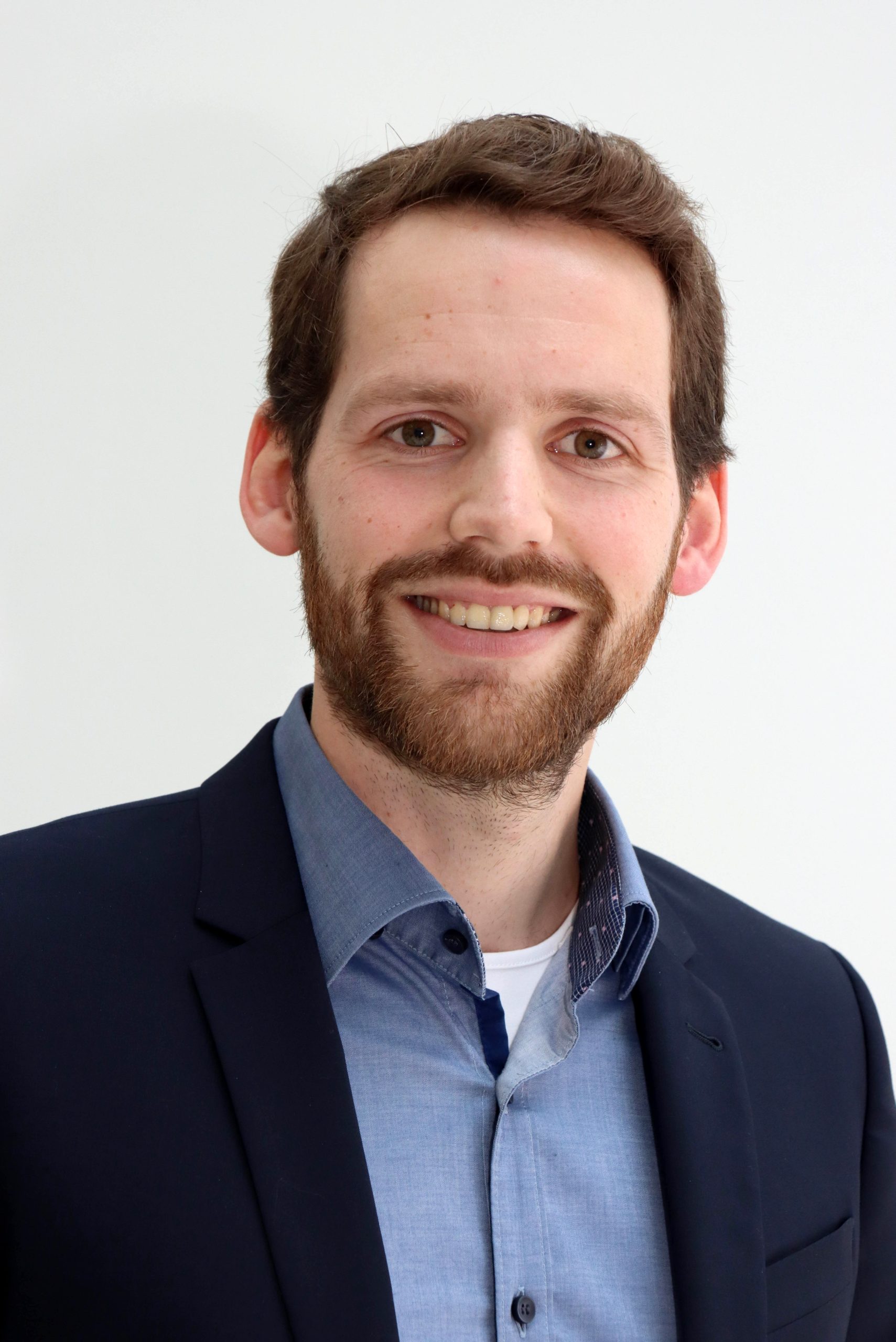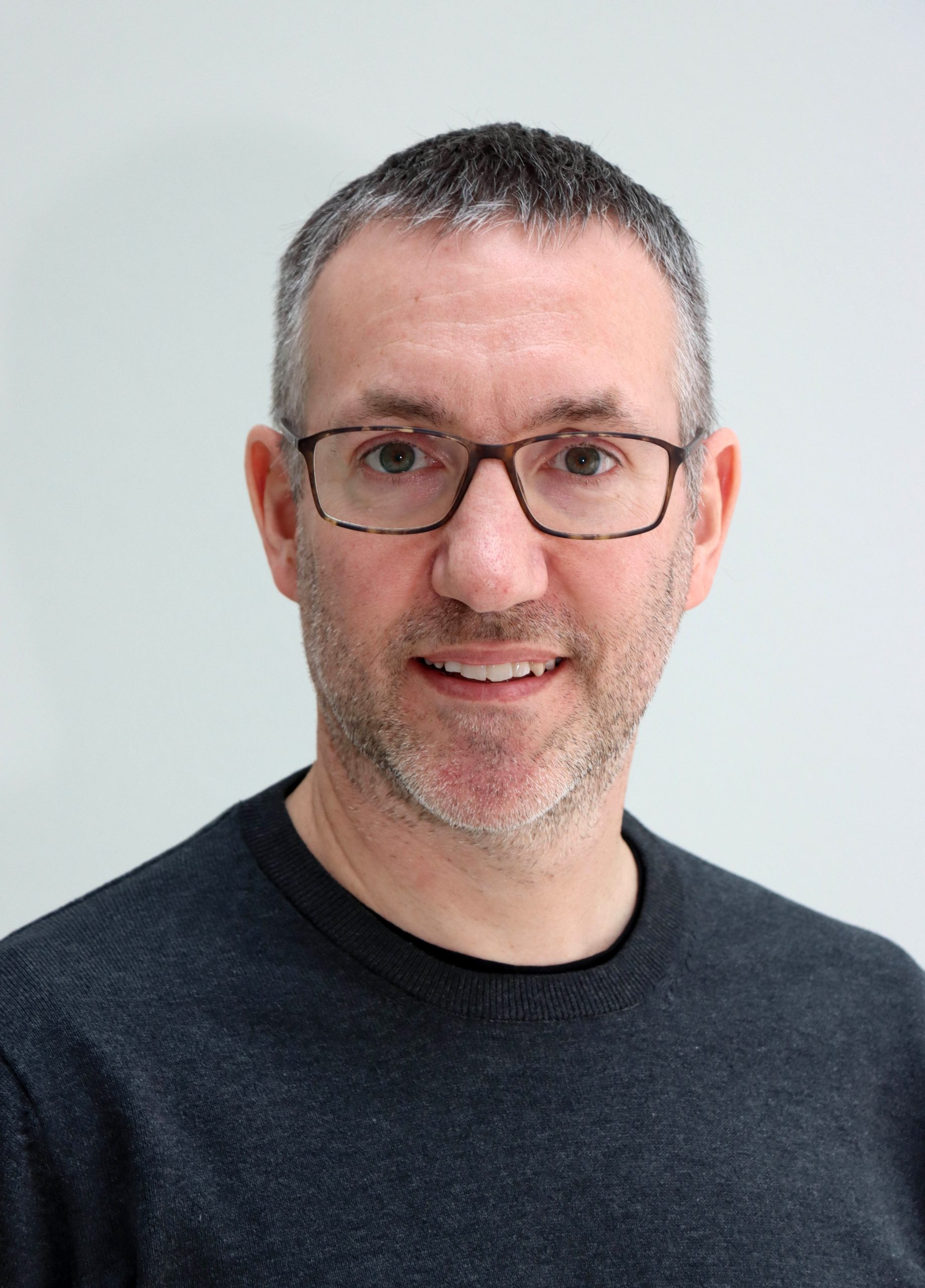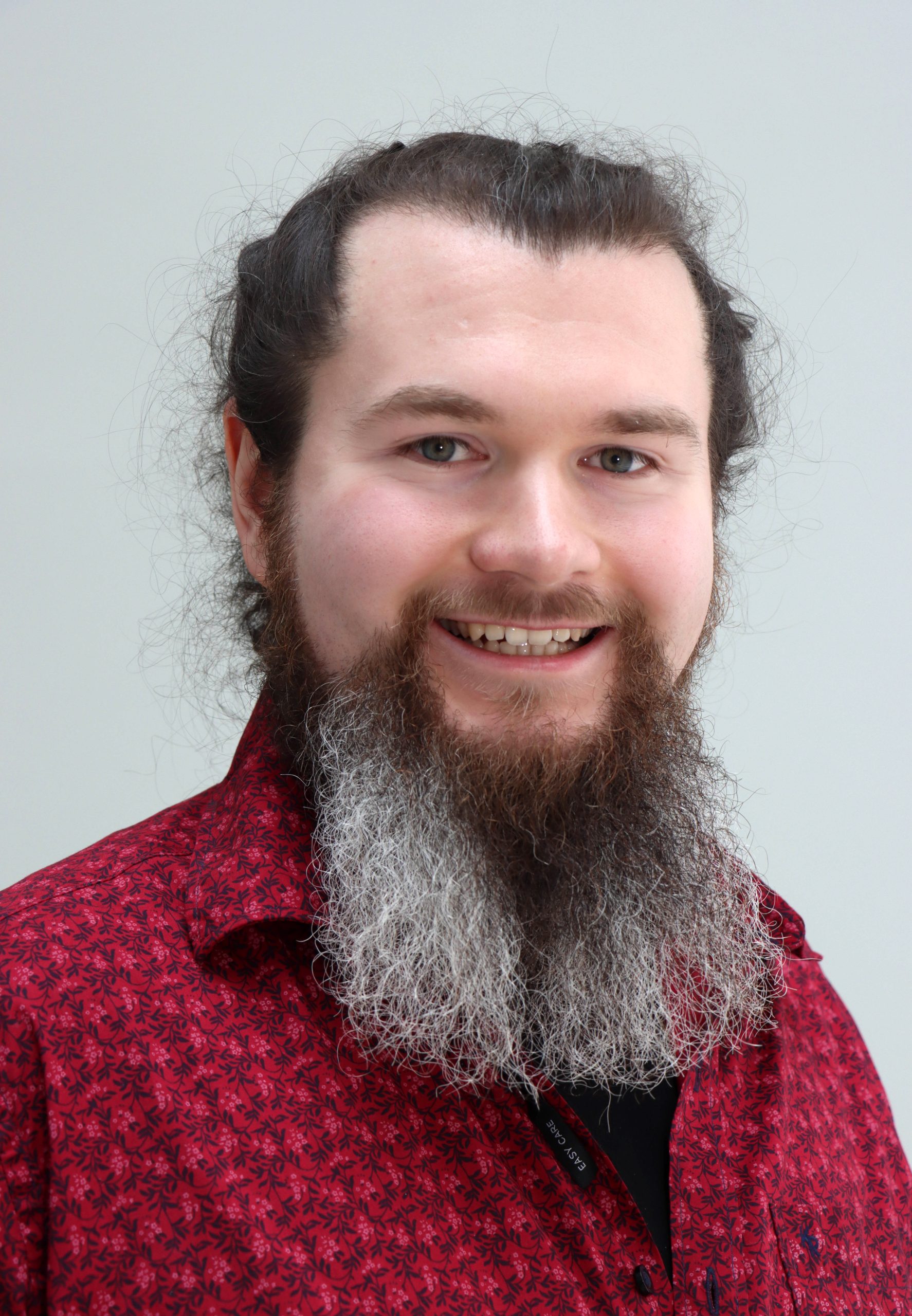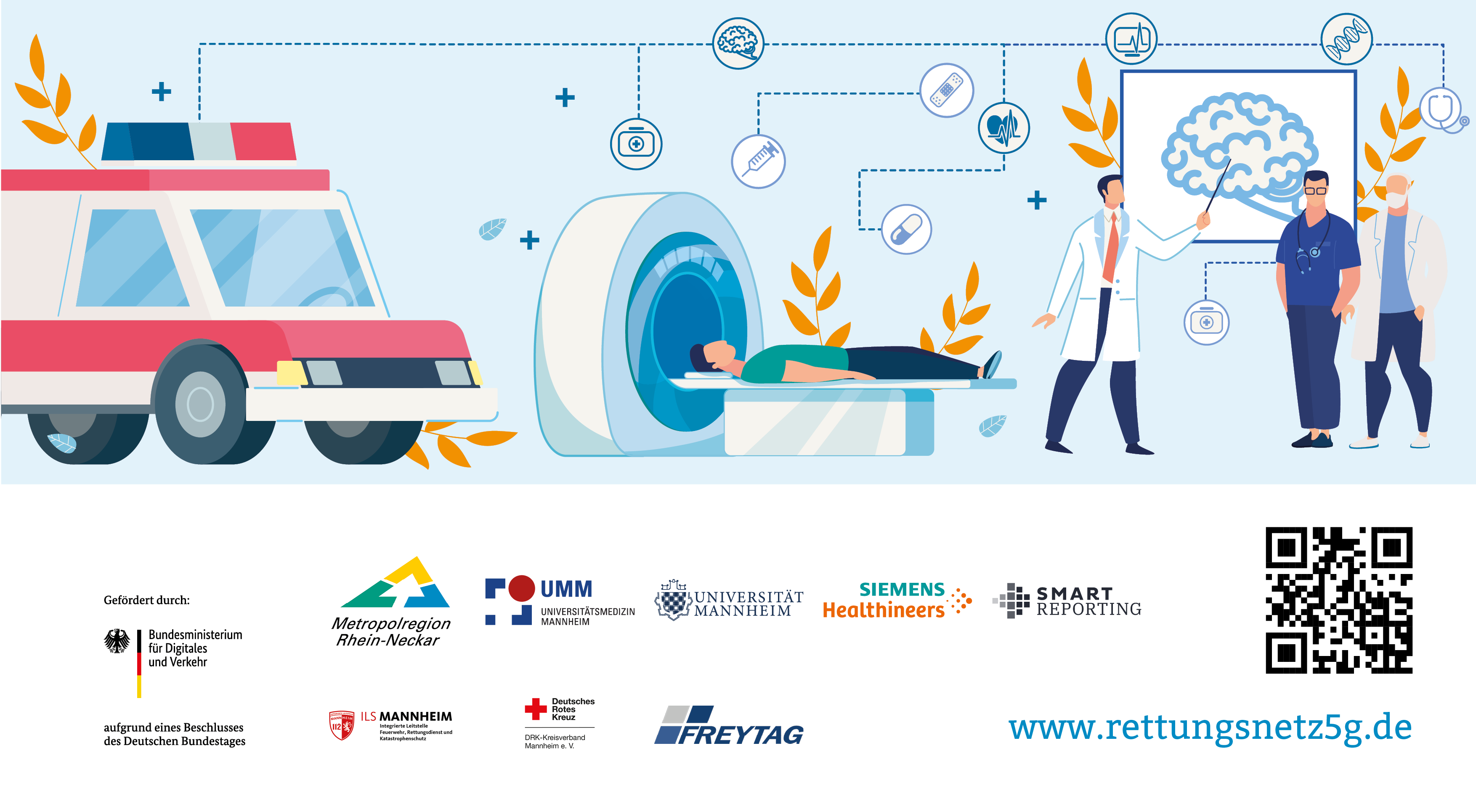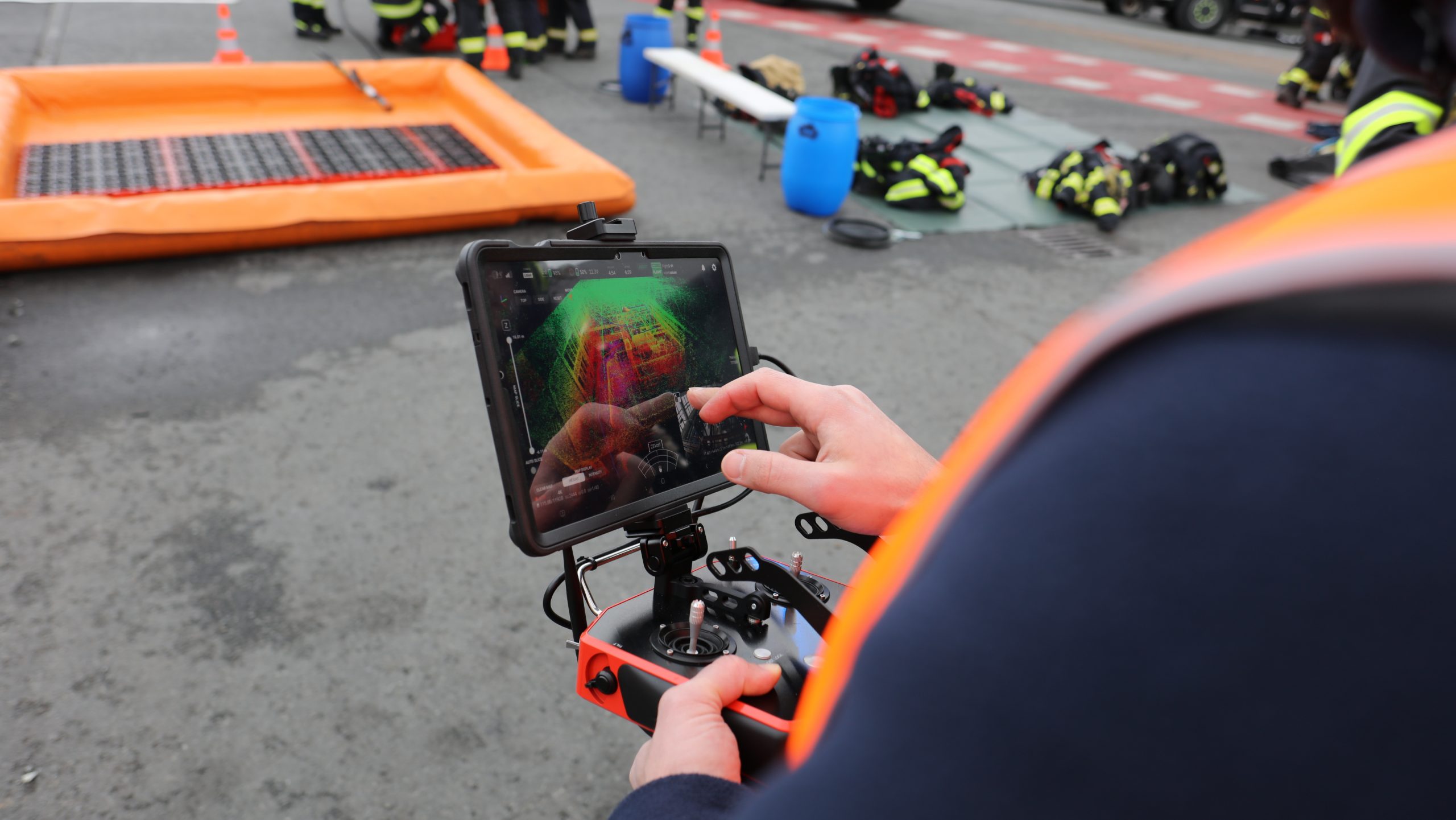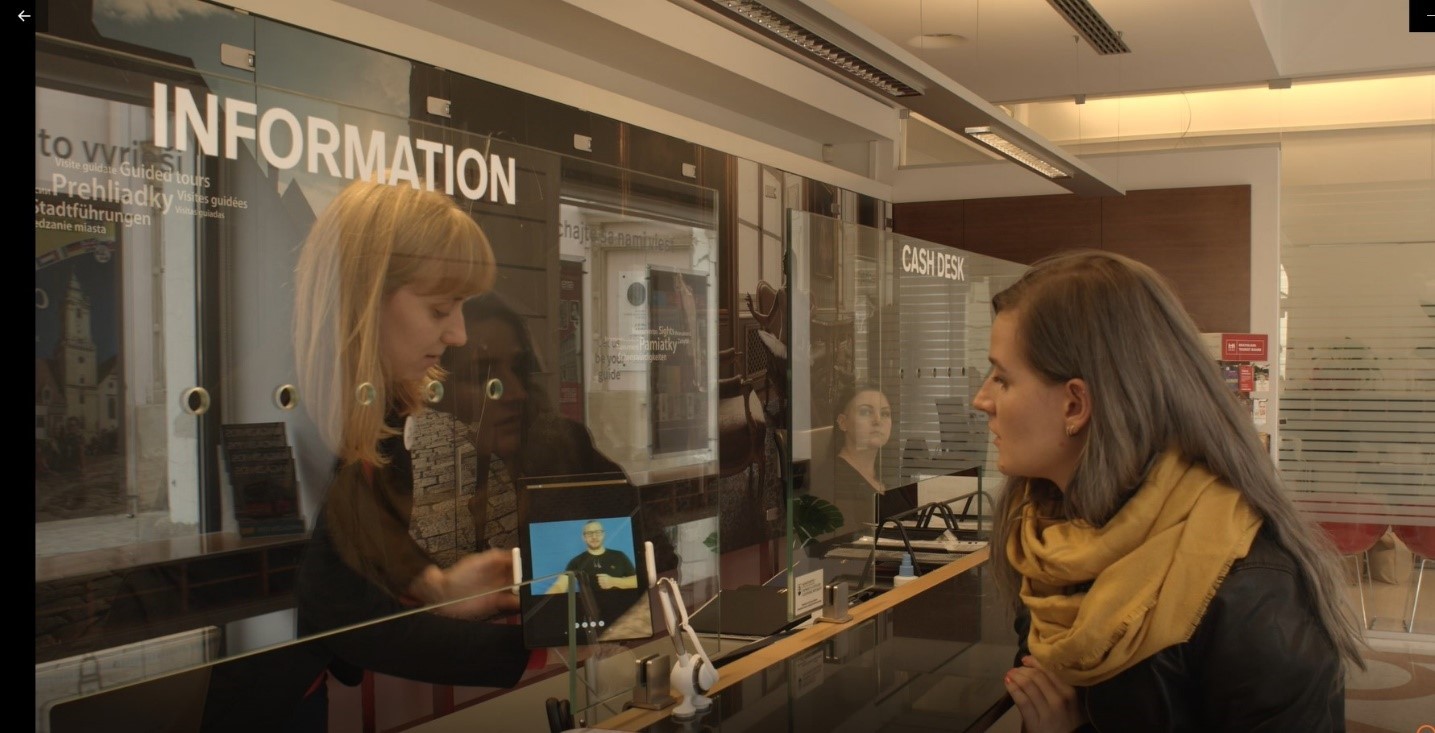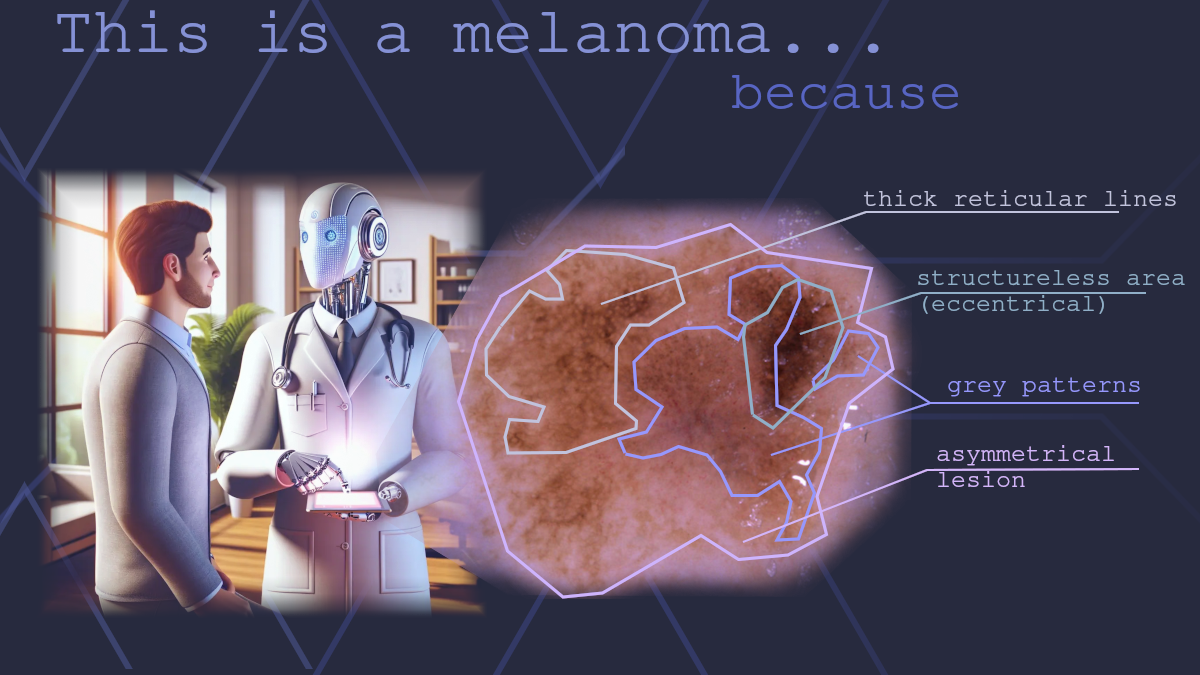
The publicly-funded project "sKIn" aims to create a politically-supported blueprint for the approval of AI-supported medical devices from university research into real world care.
LEGISLATIVE AND STRUCTURAL HURDLES
The German Government spent more than 5 billion EUR on AI research as part of their National AI Strategy. However, almost all of this research does not translate into useable products that benefit patients. The main reason for this is legislative and structural hurdles which are, in part, caused by the structure of research organisations and also, in part, by national and European legislation (i.e. the EU-Medical Device Regulation).
AI CANCER SCREENING
sKIn is an AI-based skin cancer classification algorithm developed at the German Cancer Research Centre, which will be built into dermatoscopes used at skin cancer screenings. sKIn is highly innovative, as it is the first dermatologist-like classifier which has been evaluated by more than 100 dermatologists around the world. Legislators work directly with the German Cancer Research Centre to improve translation of university research into care. This leads to the creation of a political blueprint which helps to create better rules for research teams.
TRANSLATING INNOVATION INTO CARE
This process will help to identify key hurdles to university research translation. It will guide the political process of transforming legislation to help fast-track the translation of innovation into usable products in Germany's university research programmes. Apart from improved legislation, a new generation of AI-augmented dermatoscopes will be produced together with a European industry partner as a result of this project.
Project Partners:
- Department of Biostatistics of the German Cancer Research Center
- Department of Quality Management of Clinical and Clinical Research of the German Cancer Research Center
- Institute for Medical Informatics, Faculty of Medicine, RWTH Aachen University
- TMF e. V.
- HEINE Optotechnik GmbH & Co. KG


